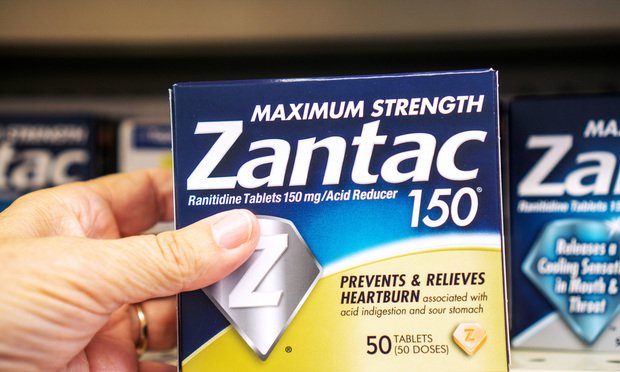Millions of Americans have used ranitidine, better known by its brand name Zantac, to treat heartburn, stomach ulcers, and other various conditions caused by excess stomach acid. If you’ve taken Zantac or any of its generic equivalents, here’s what you should know.
What Makes Zantac Dangerous?
For many years, Zantac was considered safe for use and had been heavily prescribed by doctors. The medicine, perhaps best known for alleviating symptoms of heartburn, was also available over-the-counter.
However, in June 2019, online pharmacy Valisure detected unsafe levels of N-Nitrosodimethylamine (NDMA), a chemical classified by the U.S. Food and Drug Administration (FDA) and Environmental Protection Agency (EPA) as a probable human carcinogen. Valisure notified the FDA of their findings that month. Then, in September 2019, they filed a petition asking the FDA to recall all products containing ranitidine.
Between late 2019 and early 2020, many manufacturers voluntarily recalled Zantac from pharmacy shelves. Finally, on April 1, 2020, the FDA recalled all ranitidine products.
The recall was prompted by growing evidence that Zantac was contaminated with unacceptable levels of NDMA. Typically, NDMA is found in very low levels in medicines. However, at unsafe levels it can contribute to bladder cancer, breast cancer, intestinal cancer, liver cancer, and other serious illnesses.
The FDA arrived at its decision after determining that the impurity in some ranitidine products actually increased over time. When stored at higher than room temperatures, impurity levels rose significantly.
NDMA contamination is fairly common, as the chemical can be unintentionally formed during various industrial processes. The contamination levels in Zantac, however, were deemed well above what is considered safe for human consumption.
Should I Stop Taking Zantac?
If you’ve used Zantac to treat heartburn, ulcers, or any other medical condition, you should stop taking the drug immediately and dispose of your remaining supply. Speak to your doctor about alternative treatment options for addressing the symptoms you were using the drug to treat. The FDA urges consumers to consider alternative medications including Pepcid, Tagamet, Nexium, Prevacid, and Prilosec.
What Should I Do If I’ve Been Diagnosed With Cancer?
In addition to ceasing taking Zantac, it’s important that you consider your legal options. Zantac manufacturers had a responsibility to ensure the safety of the drug, and failed to do so. A personal injury attorney can help you determine whether you have grounds for legal action.
Although recovering compensation won’t fix your medical condition, it can go a long way in achieving two ends: helping to pay for your costly medical expenses and holding big pharma accountable for neglecting to keep consumers safe.
To learn more about the dangers of Zantac and how to go about filing a lawsuit against its manufacturers, click here.






